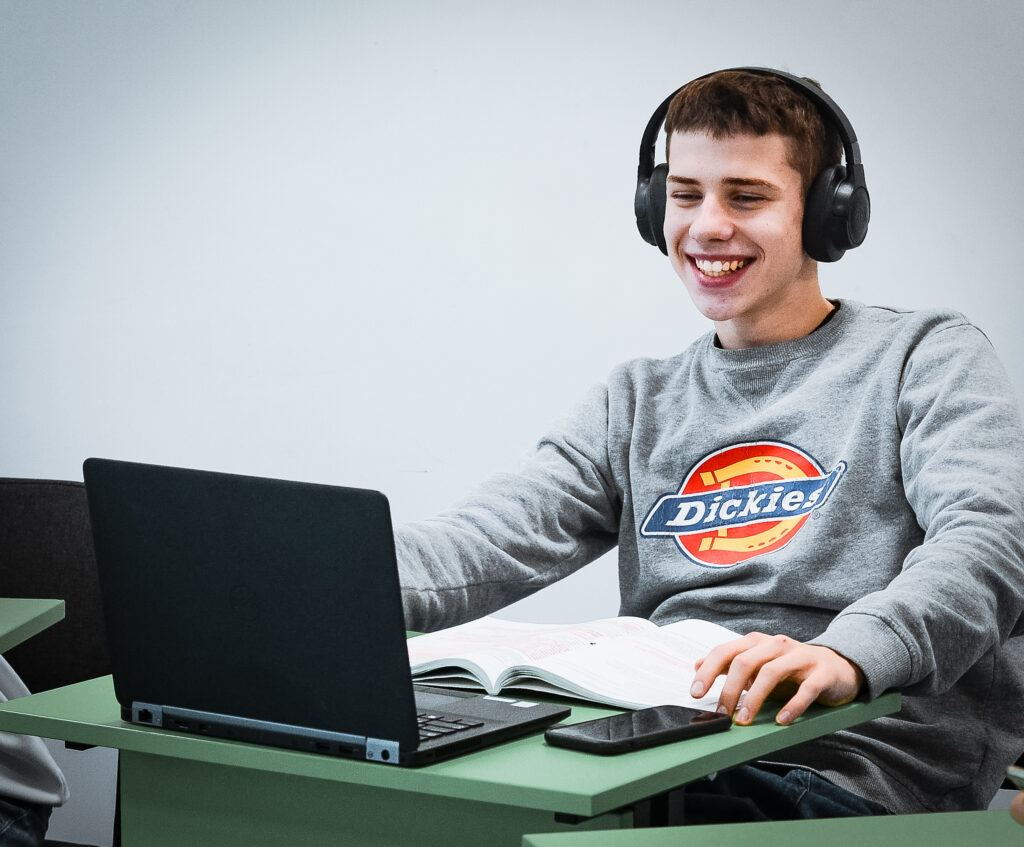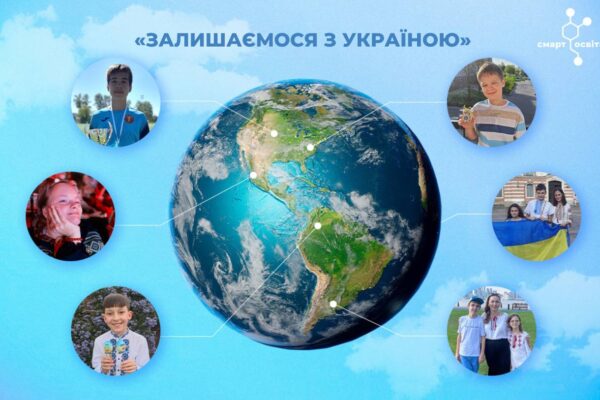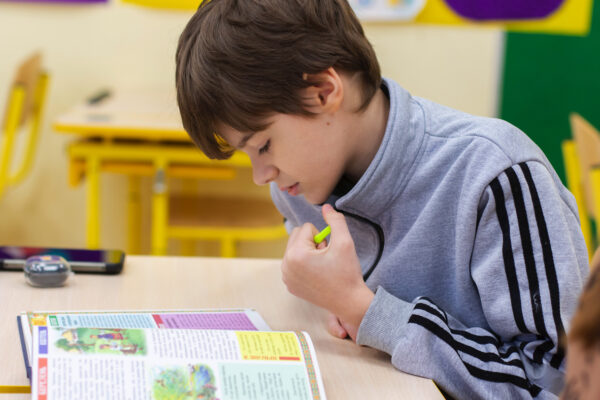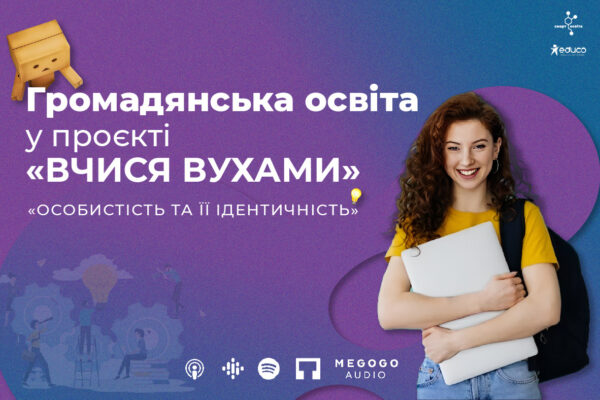

“Dopamine for Education” is a joint project of the “Smart Osvita” NGO and the “New Ukrainian School” website. This is a podcast where we talk to leading experts about trends and changes in education, as well as how to help children understand their goals, achieve them, and find motivation to learn. The podcast is intended for parents, teachers, and anyone interested in education.
In 2023, the third season of podcasts was released – 8 episodes on relevant educational topics. We have selected this year’s discussions for you to finish the year in an exciting and useful way.
01 | Real results of the NUS and what is needed for the reform right now | Lilia Hrynevych
- what is the current state of the NUS reform: what has been done and what has not;
- whether effective teacher training is possible during the war;
- what to do for the NUS now to make it a real reform;
- how to introduce a three-year high school now;
- why it is necessary to update the content of education during the war;
- what the Ministry of Education and Science should do by September to address the biggest challenges of school education.
Listen here
Text version here
02 | Educational losses and gaps: how to distinguish, measure and overcome | Tetiana Vakulenko
- what is the difference between educational losses and educational gaps;
- why 6th and 8th grades, Ukrainian language and mathematics were chosen to study students’ knowledge;
- what tools can be effective in overcoming educational losses in Ukraine;
- how the NMT procedure was improved this year.
Listen here
Text version here
03 | School math – why everyone needs it and what is wrong with math lessons in Ukraine | Taras Pavlov
- what is “math anxiety”, how to get rid of it and make students interested in the subject;
- whether “humanitarians” and “technicians” really exist and when this classification emerged;
- why we need school math in everyday life;
- how to make up for math education losses, and why the school curriculum needs to be changed.
Listen here
Text version here
04 | How war affects our memory and how to develop memorization | Nana Voitenko
- how stress affects our cognitive skills;
- what helps to build our memory;
- whether memorizing poems by heart is useful;
- when it is better to repeat the material – in the morning or the evening;
- how to train your brain to improve your memory.
Listen here
Text version here
05 | Unstable sleep during the war: how to help yourself and your children stay in good shape | Olha Maslova
- polyphasic or intermittent sleep: is there any benefit in it?
- whether it is possible to catch up on sleep during the day and how long to sleep then;
- what is a sleep schedule and how many hours a person should sleep;
- how to fall asleep quickly;
- what to do with nightmares.
Listen here
Text version here
06 | How to integrate Ukrainian children returning from the temporarily occupied territories and from abroad | Ivanna Kobernyk
- how children from the temporarily occupied territories study – stories of children who returned to the government-controlled territories of Ukraine;
- why children from the temporarily occupied territories need an adapted curriculum;
- what topics and subjects should be compulsory in it;
- what strengths of Ukrainian education helped students adapt abroad;
- what foreign “chips” our students are used to;
- which of these “features” can be integrated into the Ukrainian education system;
- how government and public institutions can support children returning from the temporarily occupied territories and abroad.
Listen here
Text version here
07 | Physics at school: why there are problems with the subject in Ukraine and how to change it | Oleksandr Trylis
- why children in Ukrainian schools sometimes do not like and do not know physics;
- how to improve physics lessons and make children interested in the subject;
- what tools can be used to conduct laboratory experiments if the school does not have the appropriate equipment;
- how to answer children’s questions about why to study physics;
- what teachers and parents can do to develop children’s interest in the natural sciences.
Listen here
Text version here
08 | A child from your school lost their family because of the war: clear recommendations for teachers to support | Natalia Podoliak
- what phrases to start a conversation with children who are experiencing trauma;
- how pity and overprotection can harm children;
- what are the algorithms of teachers’ actions if one of the students lost a mother or father in the war?
- how the classroom atmosphere affects the experience of loss by adolescents;
- how to prepare for the Christmas and New Year holidays despite the war.
Listen here
Text version here
The project is supported by the Friedrich Naumann Foundation for Freedom in Ukraine.



